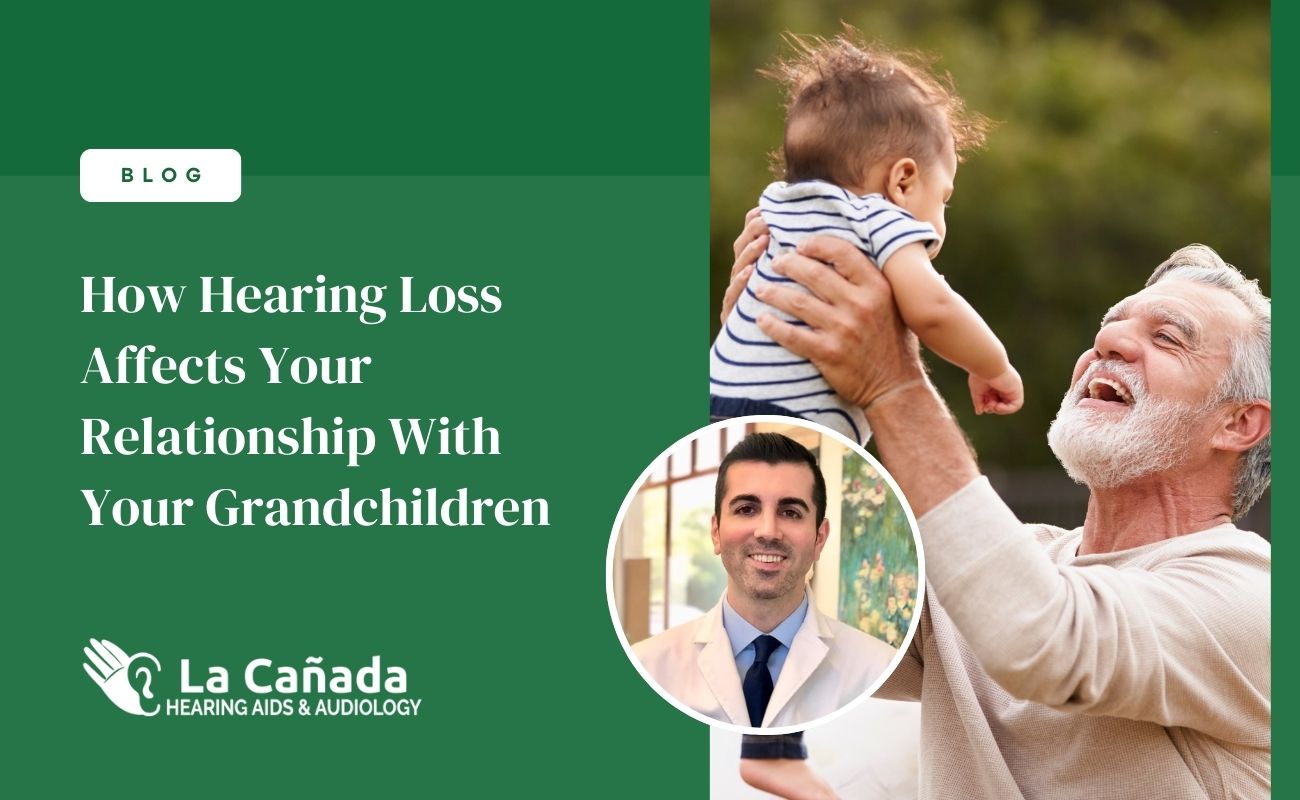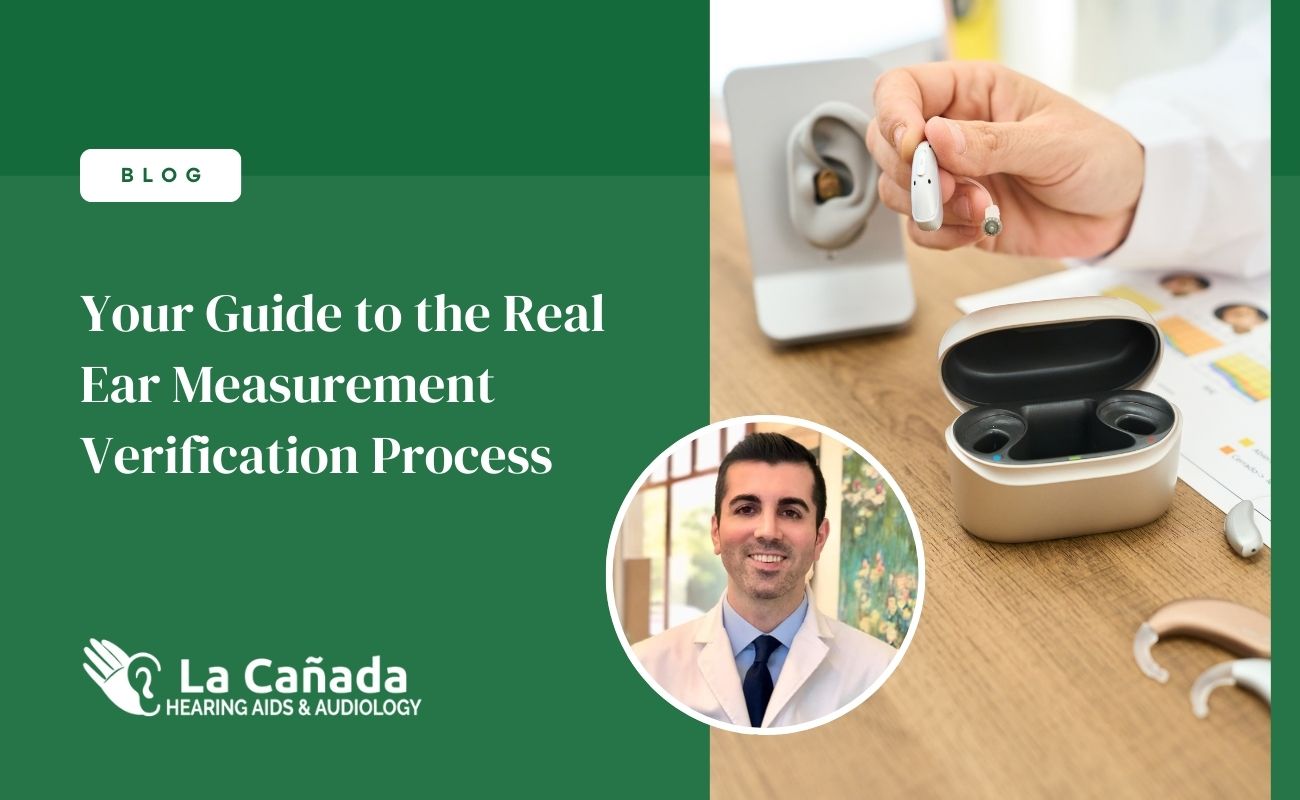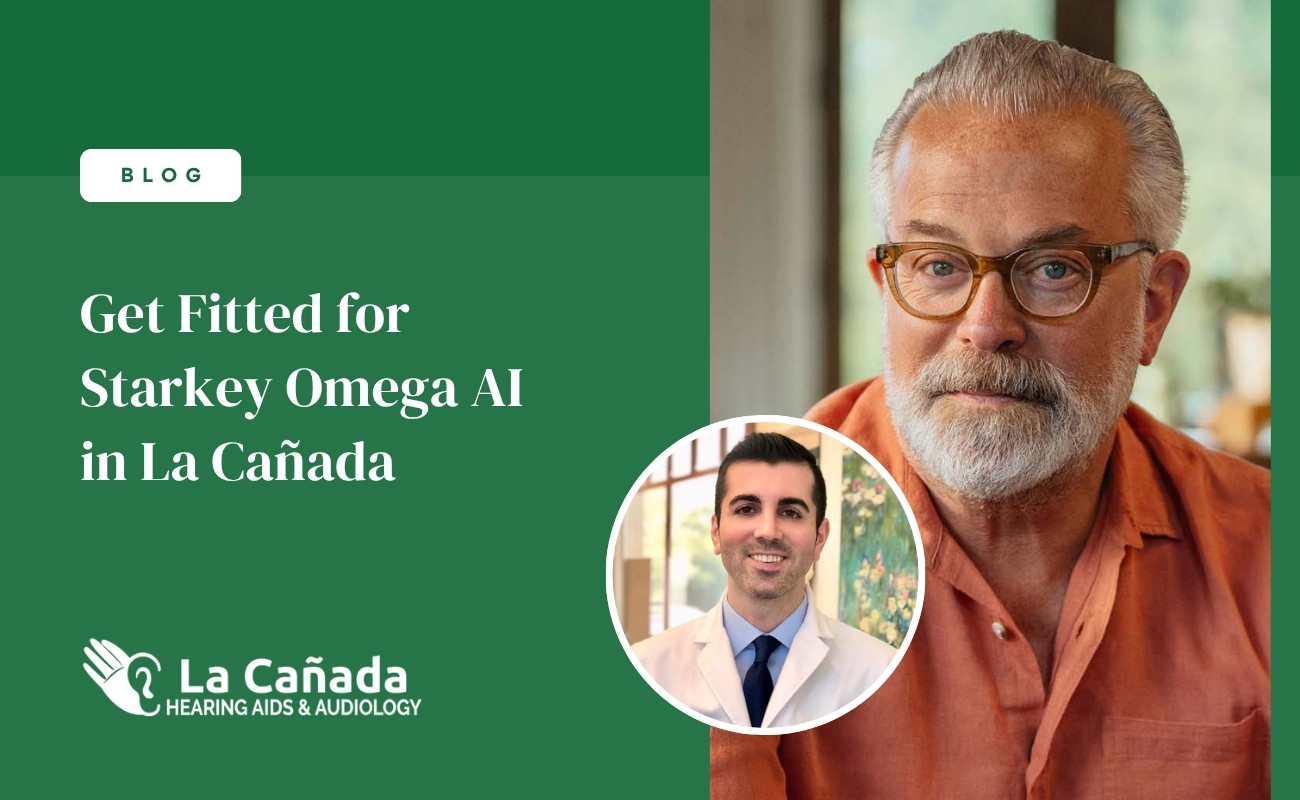According to MedicalXpress, those who live in metropolitan cities are 64% more likely to develop hearing loss! Unfortunately, most people are unaware of the noises that cause hearing loss in cities and do not take precautions to safeguard their hearing.
A cacophony of noise
In cities, many sounds are harmful to one's hearing. Loud noises can be found everywhere, from highway noise to road construction and music filling shopping malls and restaurants.
Your ears are assailed with noises from the minute you wake up, such as the siren outside your window or the honking from rush hour traffic. You hear the screech of metal-on-metal on the underground metro and the sounds pouring into your ears from your headphones on your way to work. You might see concerts and sports events at the weekend where noise is omnipresent.
People who live in cities are more prone to hearing loss than those in rural areas. According to the Centers for Disease Control and Prevention research, adults living in cities had lower hearing than any other group. Hearing test results for adults in cities were comparable to those of someone 10 to 15 years older! In the city, a 50-year-old could have the same level of hearing loss as a 65-year-old.
Noise-induced hearing loss
Over 10 million of the 37 million Americans who suffer hearing loss have noise-induced hearing loss (NIHL) due to being exposed to dangerously loud noises. This is a shockingly high number, given that NIHL can be avoided by wearing hearing protection. A single exposure to loud noise, such as a gunshot at close range or being next to an airliner preparing to take off, can produce NIHL. Sounds at this volume cause immediate damage to the inner ear's fragile hair cells, making it impossible for sounds to reach the brain for processing.
NIHL is usually caused by damage that develops over time as your ears are exposed to daily hazardous sound levels. Living in the city is precisely that, as your ears are constantly bombarded with loud noises.
How loud is too loud?
It's time to look at decibel (dB) levels to find an answer to this question.
Decibels are a unit of measurement for sound level, and they tell us whether noises are at a safe volume or whether they will harm our hearing. Sounds that are 85 decibels or louder can permanently harm your hearing. The longer you're exposed to these levels, the more harm you'll do to your hearing. You can listen to a sound for hours without harming yourself if it is quiet. However, even a few seconds of exposure to a loud sound can harm your inner ear cells.
An average conversation is roughly 60dB. Therefore your hearing will not be harmed. The noise level in heavy traffic is around 85 decibels, which might be harmful after an hour or two. Music played through earphones is frequently near 100dB, which can cause hearing impairment in as little as a few minutes. Finally, a concert arena, sports venue, or nearby sirens are frequently between 130 and 140 decibels! After a few seconds, that's enough to alter your hearing permanently.
Tips for protecting yourself from the noise
Measure the noise around you
You can use an SPL (Sound Pressure Level) meter app on your smartphone to determine whether or not a place is safe. Move away from the sound or protect your hearing if the SPL exceeds 85 dBA.
Protect yourself at loud events
Hearing can be impaired significantly by loud sounds such as rock concerts, motorsports, and even air shows. Here is a simple way to protect what's inside your head: earplugs. Earplugs come in a wide range of products, and they vary in their effectiveness. Some are better than others from an aesthetic perspective, but what matters most is the level of protection they offer.
Use noise-canceling headphones
Active noise-canceling headphones will minimize or eliminate continuous ambient sound, allowing you to maintain a safe volume level. You can even use them without any media to lessen the volume of the surrounding noise. If you spend a lot of time in transit—whether by train, airline, or car—noise-canceling headphones may be worth the investment.
If you live in a noisy city or think you have hearing loss, visit us for a hearing test. We'll assess your hearing loss, offer advice on protecting your hearing, and work with you to customize a hearing solution that meets your needs.

.jpg)
.webp)





